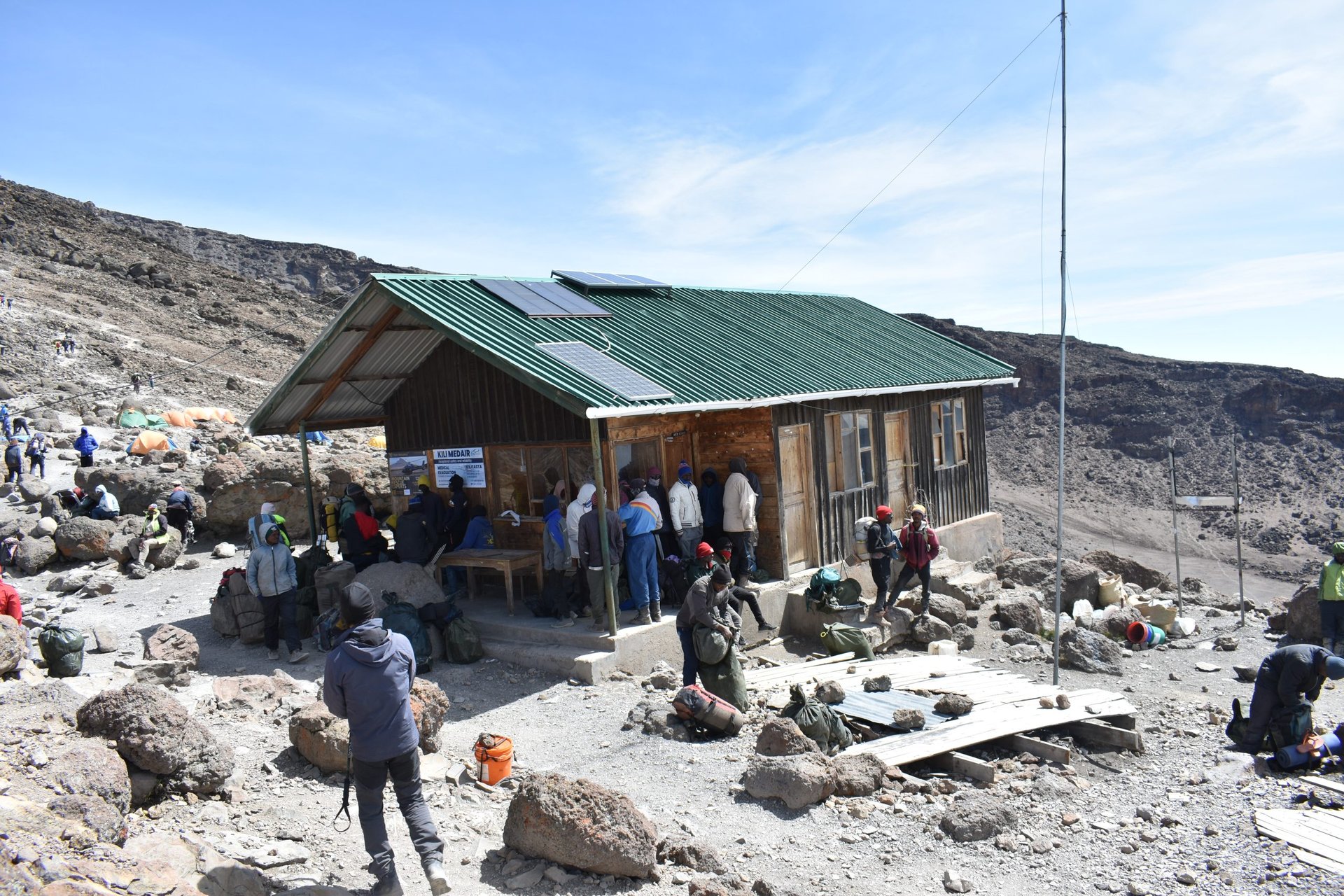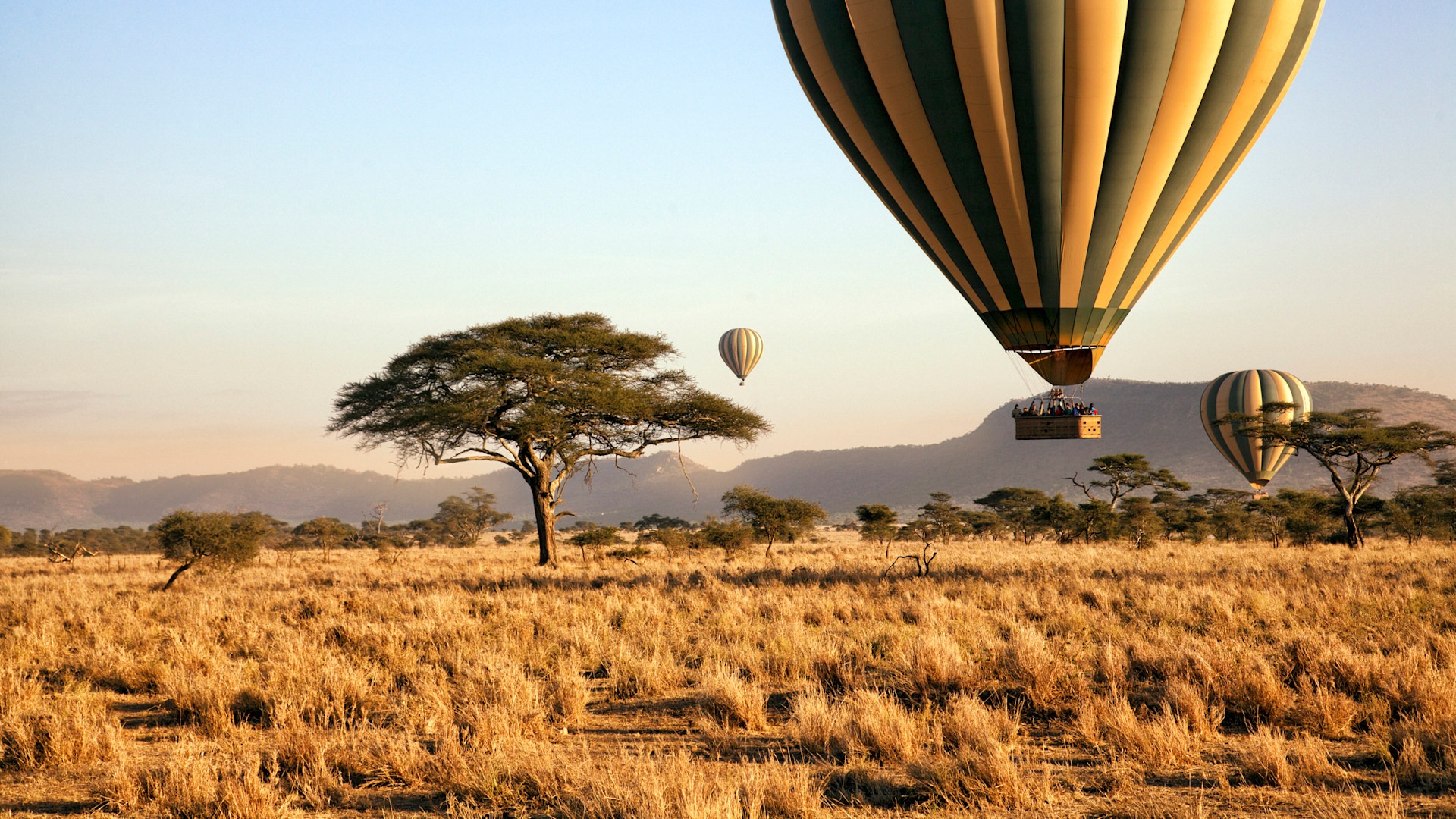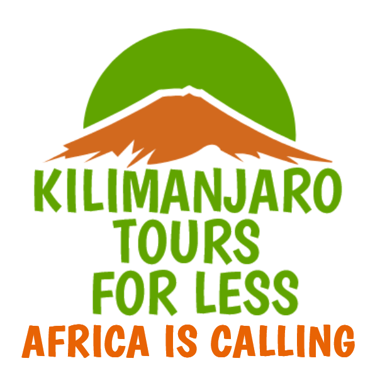
Tipping on Mount Kilimanjaro
Why Aren’t Tips Included in the Price?
You might wonder why tipping isn’t built into the cost of your trek. The answer lies in transparency and fairness. By keeping tips separate:
Trekkers retain control over how much they tip, based on the experience they received.
It ensures tips are directly handed to the crew, avoiding middlemen.
It keeps the base cost of treks more affordable, giving trekkers flexibility.
This system aligns with Tanzania’s cultural norms, where tipping is optional but strongly encouraged as a token of gratitude.
How Are Tips Distributed Among the Crew?
Tipping is generally done collectively, and the amount is distributed fairly amongst the crew. For instance:
Guides receive the highest portion as they take on the most responsibility.
Cooks receive a smaller portion but still significant, reflecting their hard work in the kitchen.
Porters share the remaining, but sufficient tips equally among themselves.
Example:
If you’re a group of 4 on a 7-day trek with 16 crew members, your group’s tipping pool might look like this:
Lead Guide: $140 (at $20/day)
Assistant Guides (x1): $105 (at $15/day each)
Cook: $70 (at $10/day)
Porters (x13): $728 (at $8/day each)
Includes; 1 waiter, 1 toilet porter and 2 summit porters
Total: $1,043, or approximately $260 per trekker.
At Kilimanjaro Tours For Less, we ensure transparency in the tipping process. After the trek, the tips are pooled and distributed in the presence of the crew and trekkers, ensuring fairness and eliminating misunderstandings.
How Much Should You Tip?
Tipping guidelines vary slightly among operators, but here’s a general recommendation:
Lead Guide: $20-$25 per day
Assistant Guide: $15-$20 per day
Cook: $10-$15 per day
Waiter: $8-$12 per day
Porter: $8-$10 per day
Summit Porter: $10-15 per day
Toilet Crew: $8-$12 per day
For a 7-day trek, the total tipping amount per trekker could range between $250-$350. While these are suggested amounts, you’re free to tip based on your satisfaction with the service.
How to Account for Tipping in Your Expenses
To prepare, include tipping as part of your overall budget. Here are a few tips to manage this effectively:
Plan Ahead: Research the recommended tipping amounts before your trip.
Carry Cash: Bring US dollars in small denominations. Tanzanian shillings are also acceptable, but USD is more commonly used.
Set It Aside: Separate your tipping cash early in the trip to avoid spending it accidentally.
The Tipping Procedure with Kilimanjaro Tours For Less>>>
At Kilimanjaro Tours For Less, we’ve streamlined the tipping process to make it stress-free:
Final Day Briefing: On the last day of your trek, your guide will discuss the tipping process.
Group Pooling: Trekkers contribute their tips into a single envelope or bag.
Distribution Ceremony: During the farewell ceremony, total tip amount is announced (if the clients wish) and this will then be transferred to the respective bank accounts of the crew members.
Why Tipping Is Optional but Expected
Tipping isn’t mandatory, and you won’t be penalized for not tipping. However, it’s a deeply ingrained practice that reflects appreciation for the crew’s hard work.
Imagine dining at a restaurant where the service was exceptional—leaving a tip feels natural. Similarly, after witnessing the effort your crew puts into making your trek successful, tipping becomes a heartfelt gesture of thanks.
Final Thoughts: More Than a Tip, It’s a Thank-You
Tipping on Mount Kilimanjaro isn’t just a transaction—it’s a way to acknowledge the people who made your adventure possible. From the guide who motivated you during that grueling final ascent to the porter who greeted you with a smile despite the harsh conditions, each member of the crew deserves your appreciation.
At Kilimanjaro Tours For Less, we aim to make this process seamless, respectful, and meaningful. By planning ahead and embracing the tipping culture, you’ll not only be contributing to the livelihoods of the hardworking mountain crew but also deepening your connection to the Tanzanian spirit of hospitality.
So as you lace up your boots and take your first steps toward the summit, remember this: every tip you give is a part of the story you’re writing on the roof of Africa—a story of gratitude, teamwork, and success.

Offices/Locations
Kindly Feel Free to Visit Us at Bustani Ally - Along Kilimanjaro Road, Shanty Town, Moshi Tanzania. In Arusha Town - We're Located Behind the Themi Suits Hotel, Njiro Road. While In Dar Es Salaam we're located at Kwa Mrema, Bonyokwa Road - Kimara Mwisho.
CONTACT US
MONTHLY NEWsLETTER
info@zimbaextreme.com
+255753286388
© 2025. All rights reserved.
